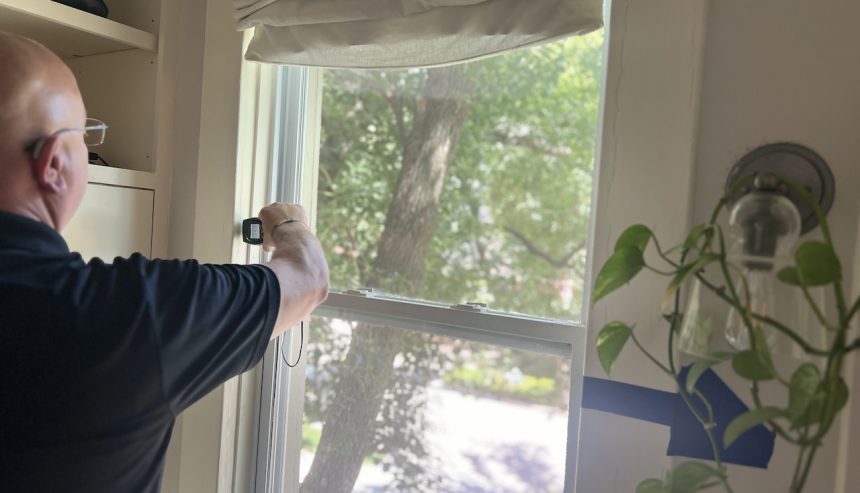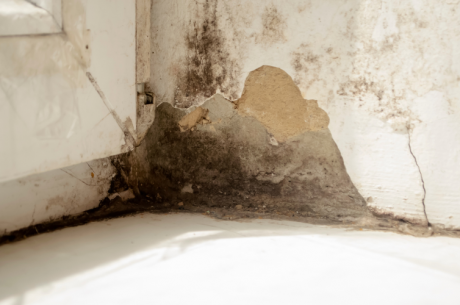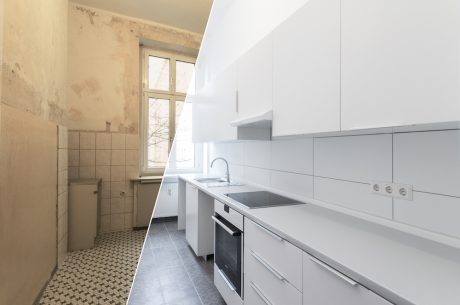Mold remediation is a complex process, especially in areas like Houston, TX, where specific laws govern how we approach it. Today, we’re joined by Rob, a mold protocol consultant for Neptune Mold Solutions, who we’ve interviewed about the mold remediation protocol process, what it is, and why you need it.
As you read, you will gain valuable insights into how mold remediation works, the importance of following state regulations, and the roles of various professionals involved. Rob shares his expertise on the protocol required in Texas, discusses the specialized licenses needed, and explains how Neptune Mold Solutions collaborates with companies like PuroClean of Central Southwest Houston to ensure safe and thorough mold removal.
What is a Mold Remediation Protocol?
Q: Hello, Rob! Could you explain what a mold remediation protocol is and its necessity?
R: Yes! A mold remediation protocol is a detailed report required when mold has reached a level that demands professional intervention. This protocol outlines how to safely and effectively remove mold from a property, covering everything from appropriate techniques to equipment required.
State law mandates it when certain levels of mold growth are identified. Due to the high humidity, mold is common in places like Texas.
Q: Texas seems to have strict mold remediation laws. Can you walk us through the process for homeowners in Texas?
R: Of course. Texas has implemented strict regulations. Mold remediation companies like PuroClean of Central Southwest Houston and their customers aren’t allowed to conduct the testing and remediation themselves. This is why they contact mold assessment companies like mine for an inspection and step-by-step removal plan. Once we complete the inspection, PuroClean steps in to perform the remediation.
Then, we return to perform a clearance test. This test is vital because it ensures the mold has been removed and the area is safe. It’s part of Texas’ effort to ensure that qualified professionals handle mold issues and that homeowners aren’t left with recurring problems.
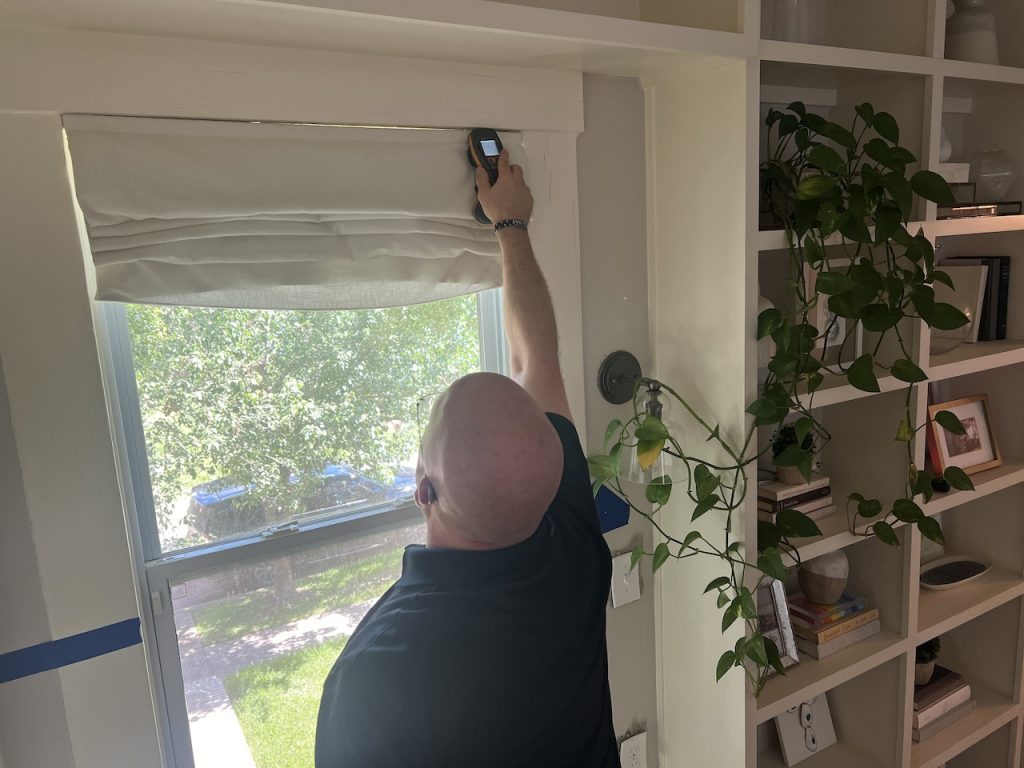
Q: Rob, can you clarify the different roles involved in this process?
R: Absolutely. A licensed mold assessment technician can inspect properties for mold, but they don’t have the authority to sign off on a mold remediation protocol. That’s the role of a mold assessment consultant holding a Mold Assessment Consultant (MAC) license. Once a technician identifies the mold, a consultant devises a mold remediation protocol report.
When creating a protocol, we break it down by room. For each room, we specify what must be done to safely and thoroughly remove the mold. This detailed approach ensures no area is overlooked and reduces the chances of mold returning.
However, the key to successful remediation lies in its proper execution, which is why we stress the importance of hiring a licensed mold remediation contractor, such as PuroClean of Central Southwest Houston.
In Texas, mold testing and mold remediation are regulated by the Texas Department of Licensing and Regulation (TDLR) under the Texas Mold Assessment and Remediation Rules (TMARR). The law requires that mold assessment (testing) and mold remediation must be performed by two different licensed professionals or companies. A licensed mold assessor conducts testing and creates a detailed mold protocol, while a licensed mold remediation contractor follows that protocol to actually perform the job and remove the mold.
Q: Please tell us more about the certification behind a mold assessment consultant.
R: They typically acquire a specialized MAC license, which allows someone to create a mold remediation protocol report. It’s a coveted certification, as it’s more advanced than the standard technician role. Since it requires rigorous training and expertise, it really sets professionals apart in this field.

Q: Fascinating! What’s the usual turnaround time for a mold remediation protocol report?
R: If a mold issue is pressing—meaning it’s severe or poses an immediate health risk—we prioritize it. The turnaround time for these urgent cases is typically between one and three days. We understand the stress mold can cause homeowners, so we aim to resolve these situations quickly and efficiently.
Q: Before we wrap up, is there anything else homeowners in Texas should know about mold remediation?
R: Just one last thing—you do not want to cut corners on mold remediation. Always ensure that the company you hire follows state regulations and uses a proper mold remediation protocol. Texas laws exist to protect homeowners, and by following them, we ensure that mold is fully removed and won’t come back.
For anyone dealing with mold, I recommend contacting professionals like PuroClean of Central Southwest Houston, who know the laws and have the experience to handle even the most demanding mold situations. It’s who I’d call!
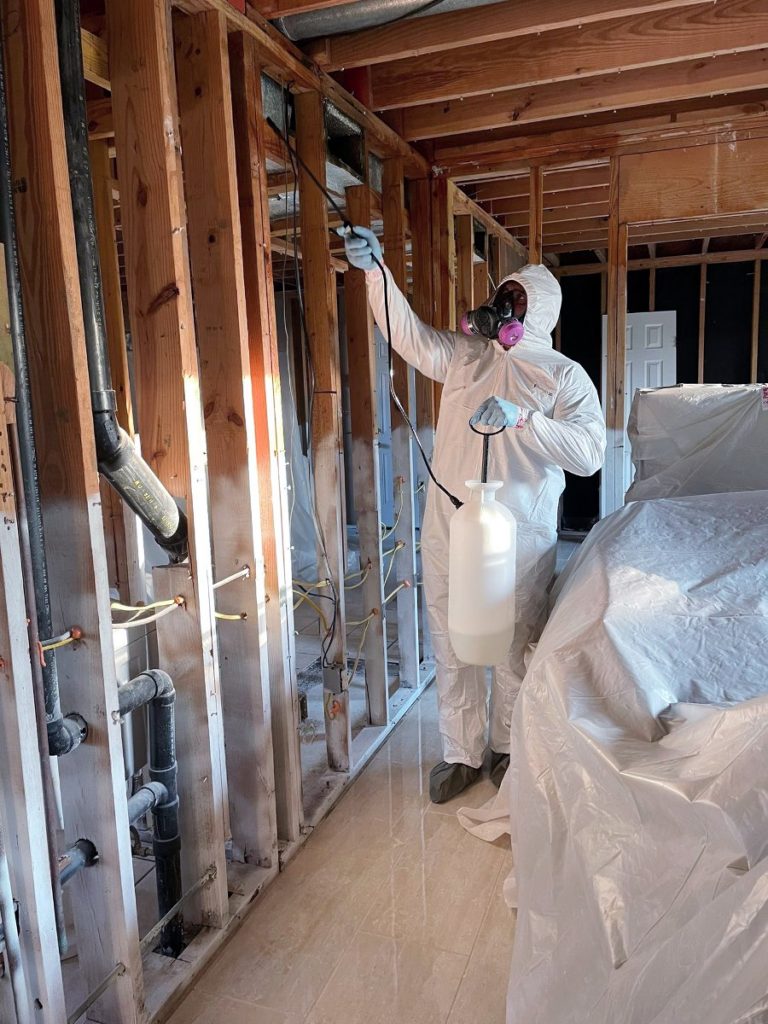
In conclusion, a mold protocol is a detailed plan developed after mold testing. It outlines the specific steps that need to be taken for mold remediation. The mold protocol provides guidance on how to safely remove the mold, including the extent of remediation required (room by room), containment strategies, and any safety measures needed. In short, mold testing diagnoses the problem, while the mold protocol provides the treatment plan for remediation.
Searching for a Reliable, Effective Mold Remediation Service? Contact PuroClean of Central Southwest Houston Today!
When dealing with mold damage, taking immediate action is crucial to protect your home or business. According to the U.S. Environmental Protection Agency, mold will likely grow within 24-48 hours of water damage, so act quickly.
Rely on the professionals for help. We’re specialists in addressing mold issues and are here to help restore your property safely and efficiently. PuroClean of Central Southwest Houston holds a Texas Mold Remediation License: MRC1993. Our expert mold remediation services ensure your space is thoroughly cleaned and protected from further damage.
Contact us today at (832) 856-5900 to schedule a comprehensive assessment and learn how we can help you effectively tackle mold damage.
